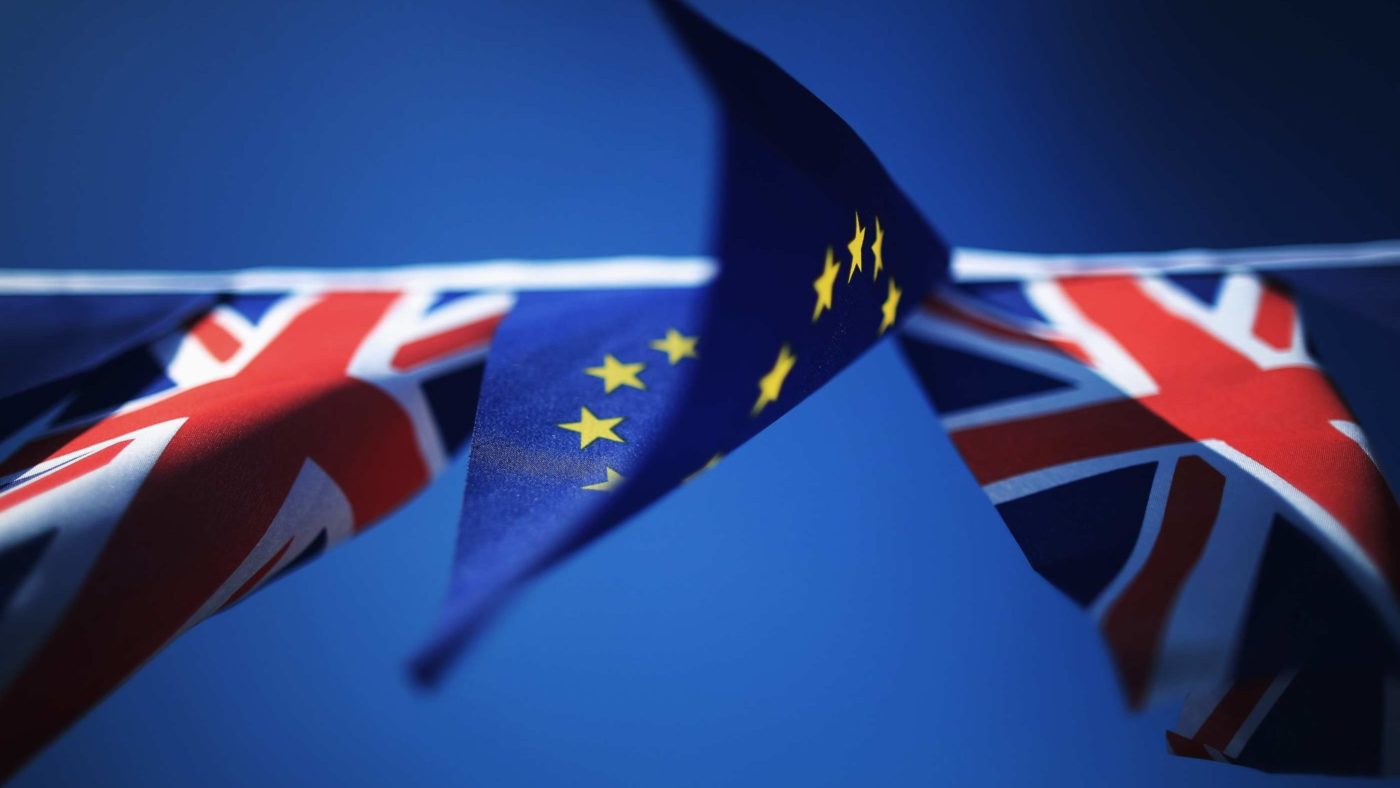On Tuesday, Britain’s MPs face a momentous choice. If – or, according to the Westminster consensus, when – Theresa May’s Withdrawal Agreement is voted down, they and the country will both be in uncharted territory.
In fact, according to American economist and polymath Tyler Cowen, the stakes are even higher than we realise. Brexit, he argued for Bloomberg this week, is more than just a big issue for Britain. It’s “a test of human ingenuity and reasonableness, of our ability to compromise and solve problems. It is a tournament for both our reason and our passions… Humanity is on trial — more specifically, its collective decision-making capacity — and it is the UK standing in the dock.”
No pressure.
Thankfully, Britain has a pretty good track record when it comes to making difficult decisions. Writing for CapX on Thursday, Andrew Gimson made the heartening point that Brexit has reinvigorated the British constitution. The “liberty-enhancing crisis” we are living through, he argued, is restoring strength and energy to the Mother of Parliaments. While the great Brexit debate is of course steered by the views of the British public, the government is being held to account not on television but in the House of Commons, “in a debate lasting 40 hours instead of 40 minutes”.
If the green benches are seeing the return of a very British approach to problem-solving, the Gilets Jaune are reviving a rather less polite French tradition. The country is braced for a fourth successive Saturday of violent protest and rioting, with Paris’s landmarks pre-emptively shut and 8,000 police and gendarmes waiting for whatever trouble the weekend holds.
In his dismantling of Emmanuel Macron’s disastrous transition écologique – the proximate grievance of the protesters – Rupert Darwall pointed out that 50 years ago, with strikes and student riots raging, then President Charles De Gaulle fled the Élysée, his wife clutching a box of jewels. A year later he was gone.
Emmanuel Macron may yet turn things around. But, for now, he is a historically unpopular president with little to suggest he is up to solving the crisis he finds himself in the middle of. And Remainers who have been waiting for a British equivalent to ride over the hill and save their country from the Brexiteers must by now realise that Macron did not slay the dragon of populism when he beat Marine Le Pen in last year’s presidential election. A liberal in France’s bully pulpit has so far done little for liberalism.
The contrast is a reminder that, for all the acrimony and division that followed Britain’s experiment with direct democracy two years ago, the Leave vote was a symptom, not the cause, of the country’s divided politics. (On which score, another referendum would deepen, not heal, those wounds.)
Yes, British politics may be about to enter a period of bewildering uncertainty. But that is partly because it is tackling a difficult problem head-on.
Britain’s unpopular political class are in an unenviable position. But over the decisive days and weeks ahead of them, they shouldn’t forget that our country is very far from alone in facing these problems of division and resentment. And that the political system they operate in, creaky and labyrinthine though it may be, has a pretty decent better track record of resolving, diffusing and accommodating such tensions – not least when compared with our neighbours across the Channel.
This article is taken from CapX’s Weekly Briefing email. Sign up here.


